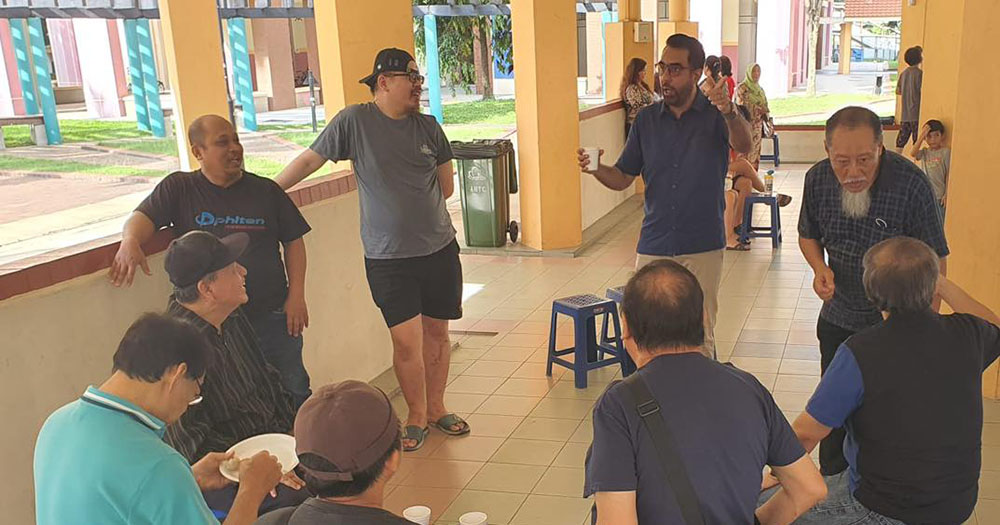Follow us on Telegram for the latest updates: https://t.me/mothershipsg
On Apr. 26, the Monetary Authority of Singapore (MAS), in its semi-annual report on the Singapore economy, announced that the country’s gross domestic product (GDP) for 2023 is expected to grow between 0.5 per cent and 2.5 per cent.
This is slower than last year’s 3.6 per cent, Leader of the Opposition Pritam Singh noted in his May Day message.
In addition, MAS reported that headline inflation for 2023 is expected to "come in higher" at 5.5 per cent to 6.5 per cent, which Singh said reflected the increasing price of transport, property and the effect of the one per cent increase in the Goods and Services Tax (GST).
The Secretary-General of the Workers' Party (WP) added:
"Singaporeans are already living through one of the most rapid cost of living rises in recent history, eroding the purchasing power of their wages."
He added that the potentially worsening macroeconomic situation in Singapore could also mean "a more bumpy ride ahead" for Singaporean wage earners, and called for more worker protections.
The impact of generative AI on workers
Singh also pointed to the proliferation of generative artificial intelligence (AI) technologies like ChatGPT as a trend that might add pressure on workers.
Such technologies, he noted, are capable of producing human-like content in response to simple input prompts.
The verdict is still out as to how worried knowledge workers should be about these developments and whether generative AI will create new jobs in place of what may be lost, Singh said.
What Singapore can be certain of however, is that given the country's ambition to be a Smart Nation and always be at the forefront of technology and prioritising workplace productivity, it will not shy away from more widespread adoption of AI technologies.
Singh then posed the following questions:
- Is Singapore doing enough to position our workers to benefit from AI and similar innovations, rather than becoming its victims?
- How can the country use such innovations to raise worker productivity and pay, and help its SMEs to grow and thrive?
More protection for workers is needed: Singh
Singh then reiterated his party's call for better protection for all workers, adding that it is of paramount importance, regardless of whether unemployment is due to cyclical factors or the result of longer-term secular trends.
Singh added that the WP has been calling for a redundancy insurance scheme, most recently at the Budget 2023 debate.
The party also published a policy paper on Redundancy Insurance in 2016.
According to Singh, the WP believes that a redundancy insurance scheme will not only ease the immediate financial pressure that retrenched workers face, but will also provide an automatic stabiliser to the economy, for example, through sustained consumer spending and mortgage payments until workers find new employment.
The party also noted that on Apr. 17 in Parliament, Deputy Prime Minister Lawrence Wong indicated that the government may introduce "unemployment support" for workers who are forced to leave their jobs due to retrenchment, but will link this support to training and job search "to preserve the work ethos of the workforce."
Singh said, "We urge the government to move forth with implementing a redundancy insurance scheme to provide greater assurance and protection for our workers."
Related stories:
Top photo via Pritam Singh/Facebook
If you like what you read, follow us on Facebook, Instagram, Twitter and Telegram to get the latest updates.
